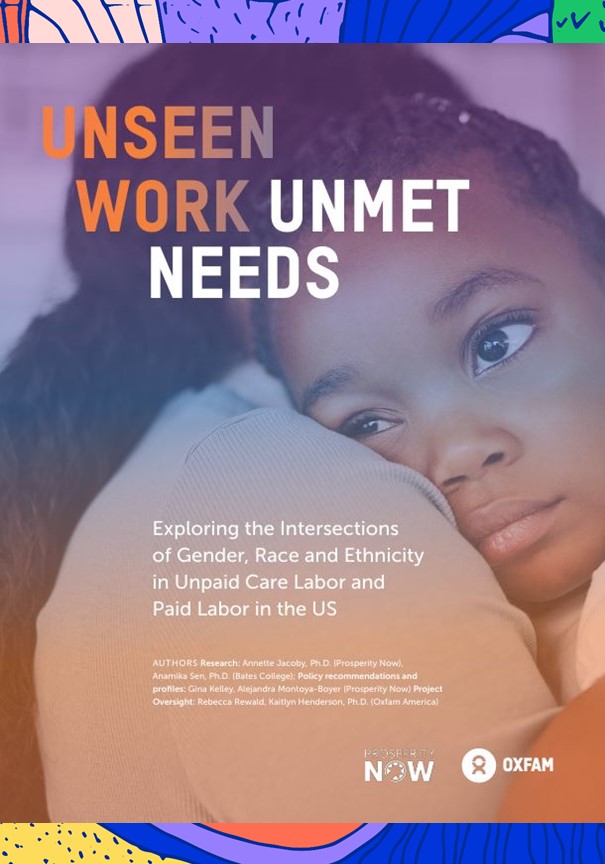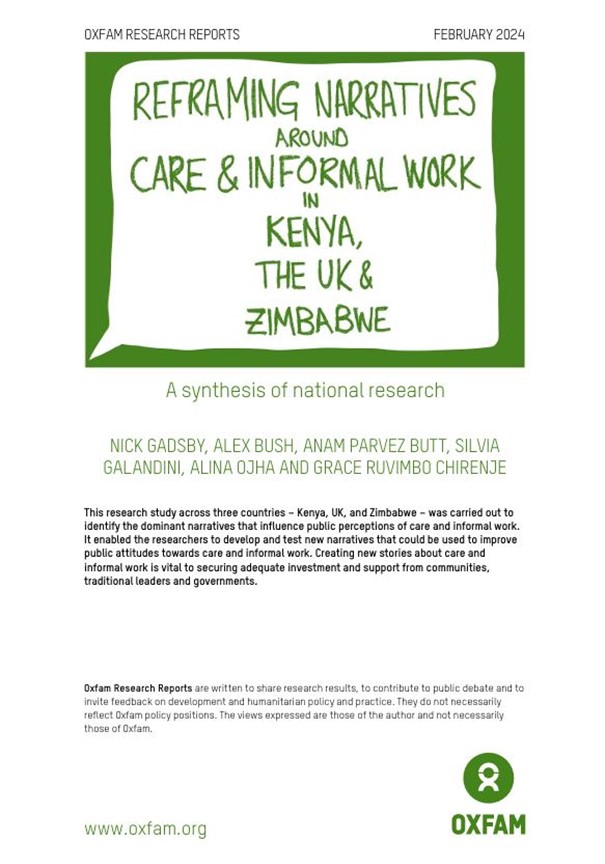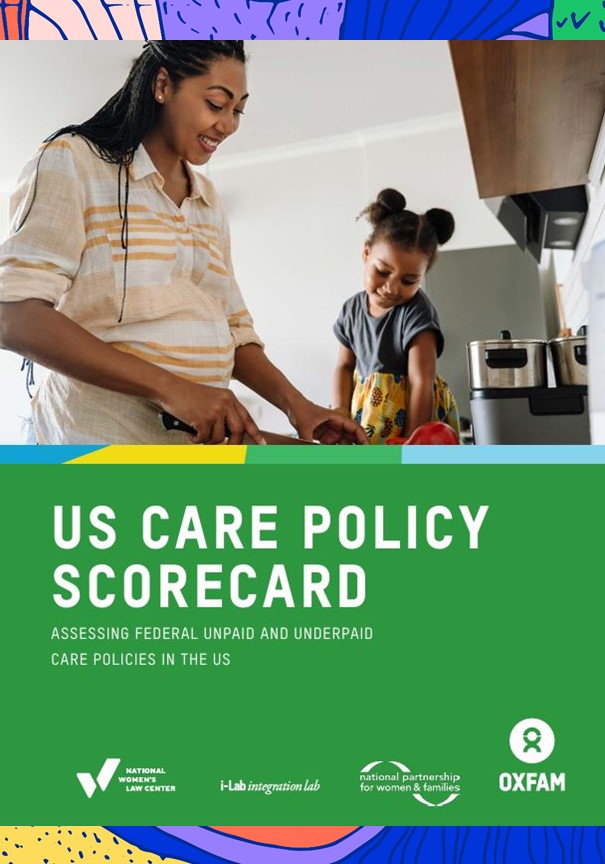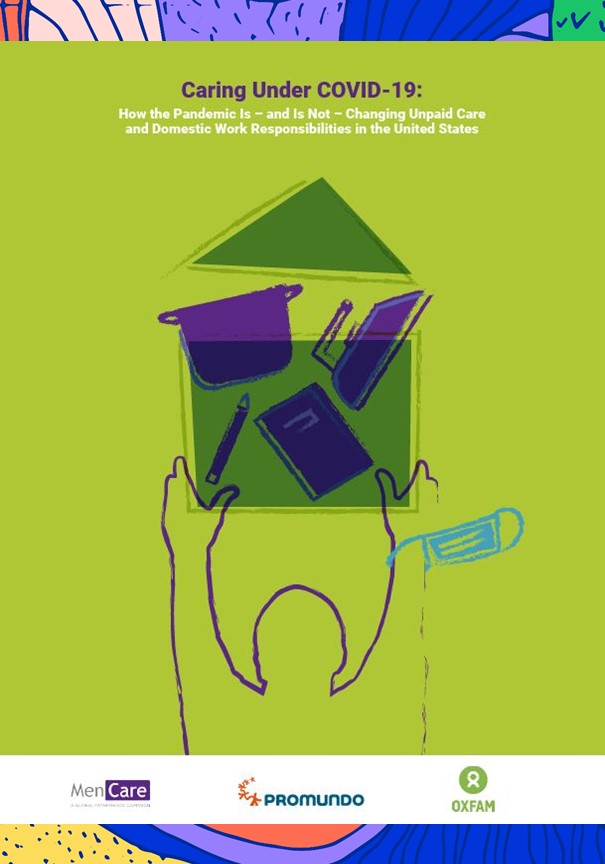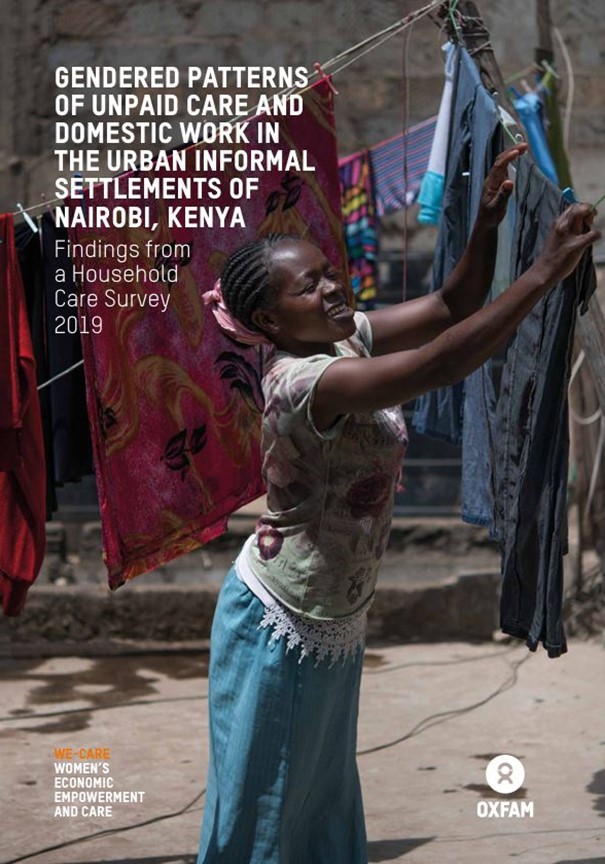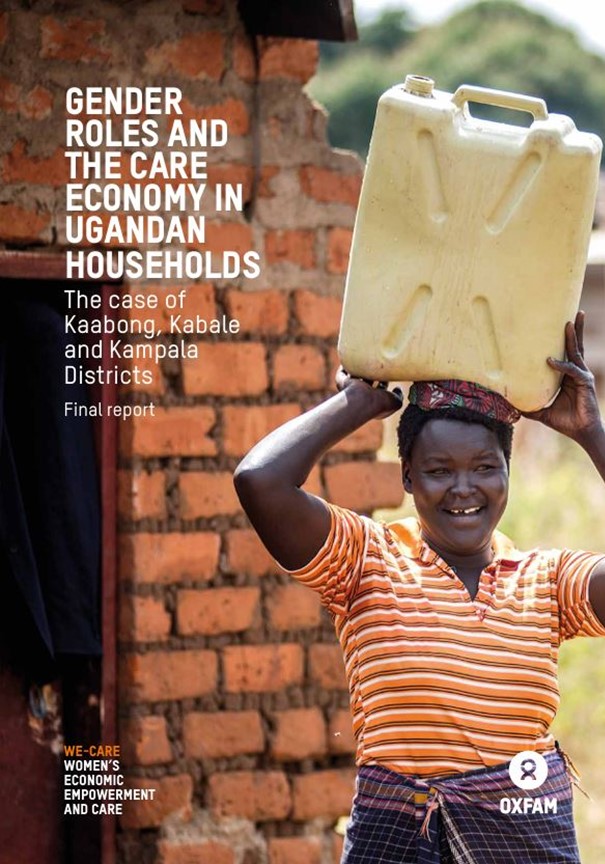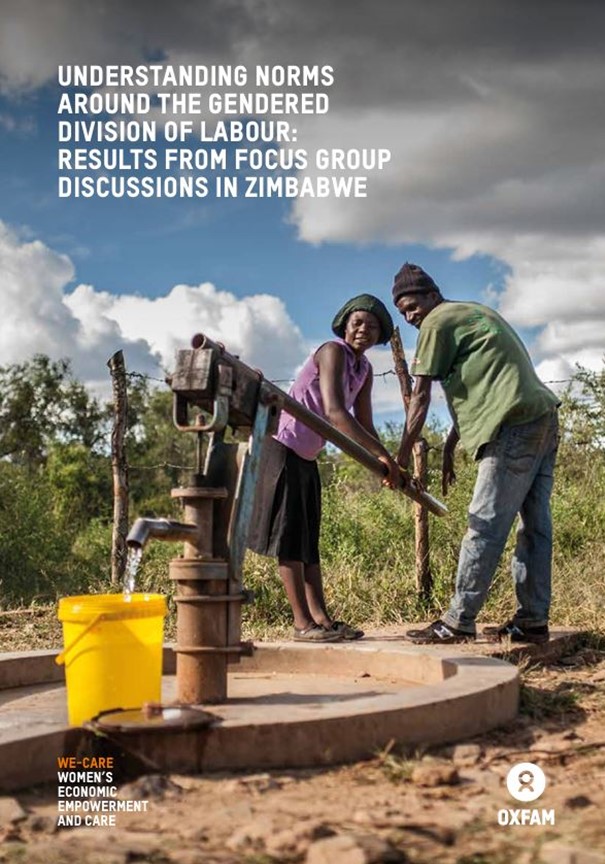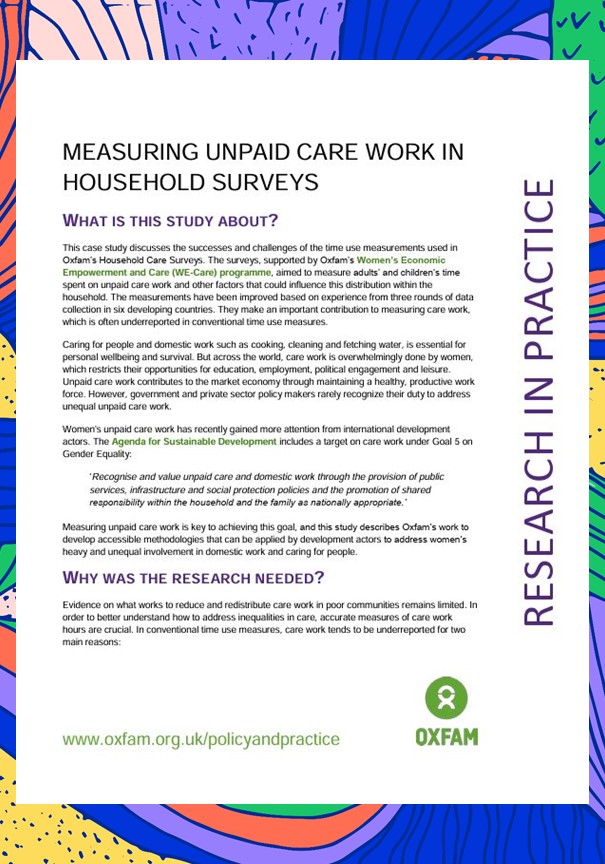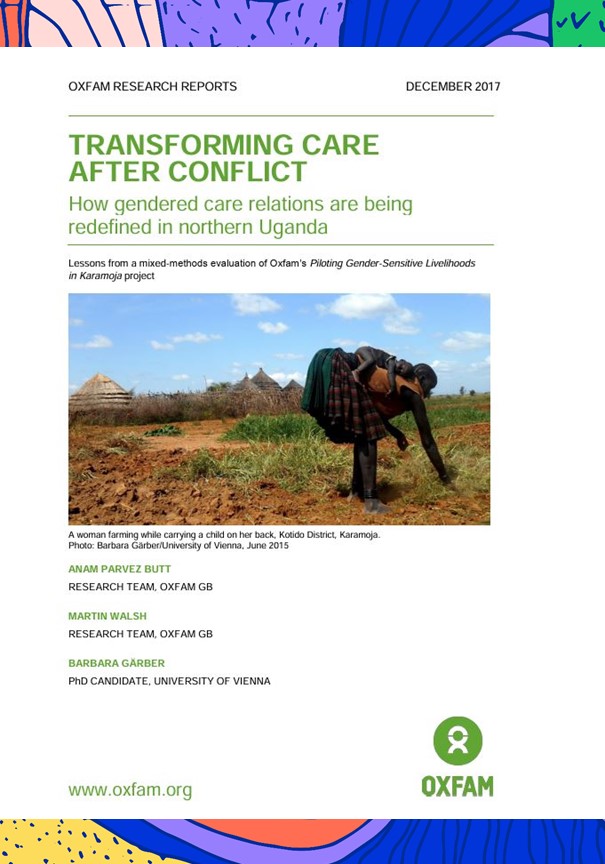Unseen work, unmet needs: Exploring the intersections of gender, race, and ethnicity in unpaid care labor and paid labor in the US
The study seeks to bring visibility to this work and underscore its significance in economic policy. The urgency of the project is highlighted by the recent social and economic impacts of the COVID-19 pandemic, which has significantly affected unpaid care work, altering its distribution among men and women as well as across racial and ethnic groups. The paper also brings in the voices of the people who are holding crucial caregiving roles in their communities so readers can hear from individuals directly.

